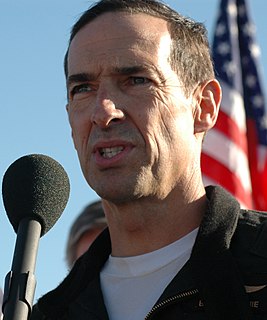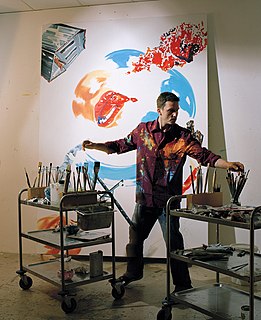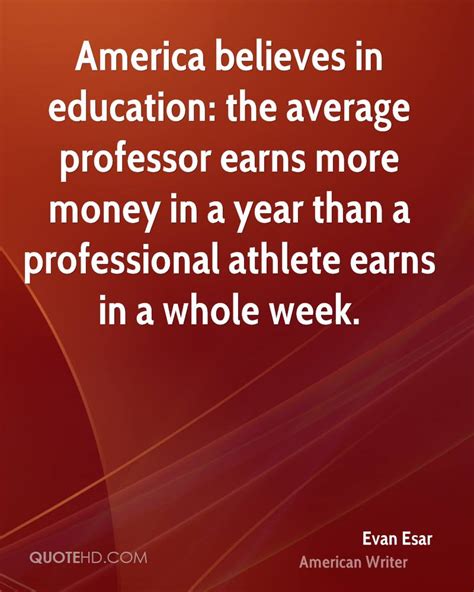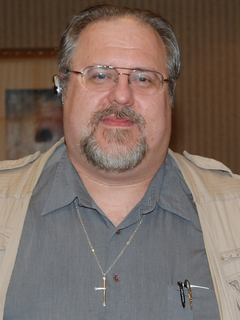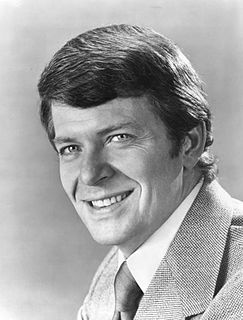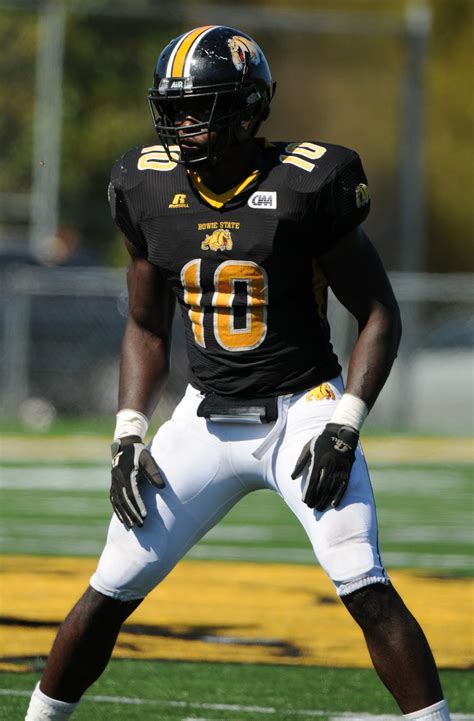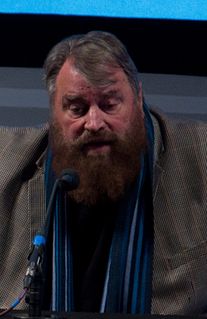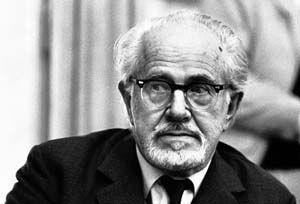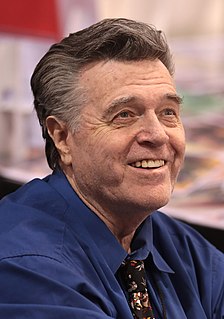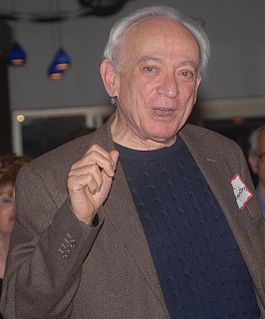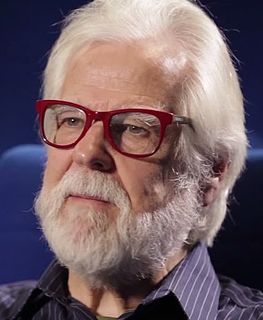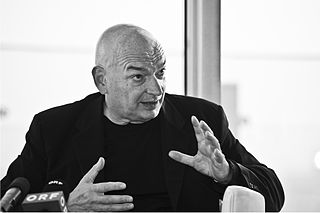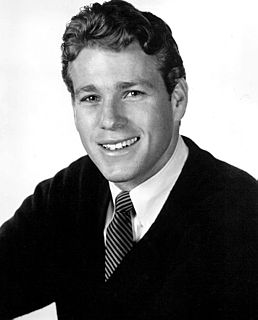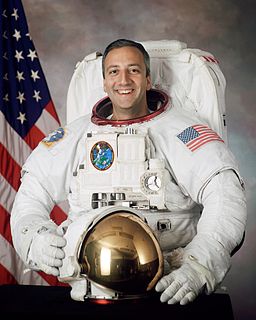Top 1200 Space Odyssey Quotes & Sayings
Explore popular Space Odyssey quotes.
Last updated on April 18, 2025.
As filmmakers, we want the audience to have the most complete experience they can. For example, I interviewed Stanley Kubrick years ago around the time of '2001: A Space Odyssey.' I was going to see the film that night in London, and he insisted I sit in one of four seats in the theater for the best view or not watch the film.
For me space rock is something that takes you out of yourself and out of your normal realm. And if space happens to be that inner space or outer space it's a very personal thing. I think that mantra is space music. I think that Native American tribal drumming is space music. Anything that allows you to go inward to go outward and to move within a space that is not normal to your reality.
Young people today are flooded with disconnected images but lack a sympathetic instrument to analyze them as well as a historical frame of reference in which to situate them. I am reminded of an unnerving scene in Stanley Kubrick's epic film, 2001: A Space Odyssey, where an astronaut, his air hose cut by the master computer gone amok, spins helplessly off into space.
The genius is not in how much Stanley Kubrick does in “2001: A Space Odyssey,'' but in how little. This is the work of an artist so sublimely confident that he doesn't include a single shot simply to keep our attention. He reduces each scene to its essence, and leaves it on screen long enough for us to contemplate it, to inhabit it in our imaginations. Alone among science-fiction movies, “2001'' is not concerned with thrilling us, but with inspiring our awe.
In 2009 I went up on the space shuttle. I was in space for 16 days and docked at the space station for 11 days. The entire crew did five space walks, of which I was involved with three of them. When you're doing a space walk, you always have a buddy with you. It's a very dangerous environment when you're doing a space walk.
The dimension that counts for the creative person is the space he creates within himself. This inner space is closer to the infinite than the other, and it is the privilege of the balanced mind... and the search for an equilibrium is essential - to be as aware of inner space as he is of outer space.
It is amazing that 2001: A Space Odyssey has not aged at all, except for a few minor technical gadgets. The main reason is, of course, the philosophical or spiritual element in this story. We know as little today about the secrets of Creation and evolution as we knew before, and it is not likely that we'll ever know much more. We'll have to be satisfied, as Kubrick was, respectfully admiring the potential for evolution within the mystery of the universe's creation.
I think "Avatar" is kind of a unique category where people are enjoying the unique theatrical experience even though they may have seen it on the small screen. They want to have that immersive, transportive experience. "2001: A Space Odyssey" played for three years at the Loews cinema in Toronto. I remember that. It just kept playing. People wanted to return to that experience. That may not be the best example because I think "2001" took 25 years to break even.







